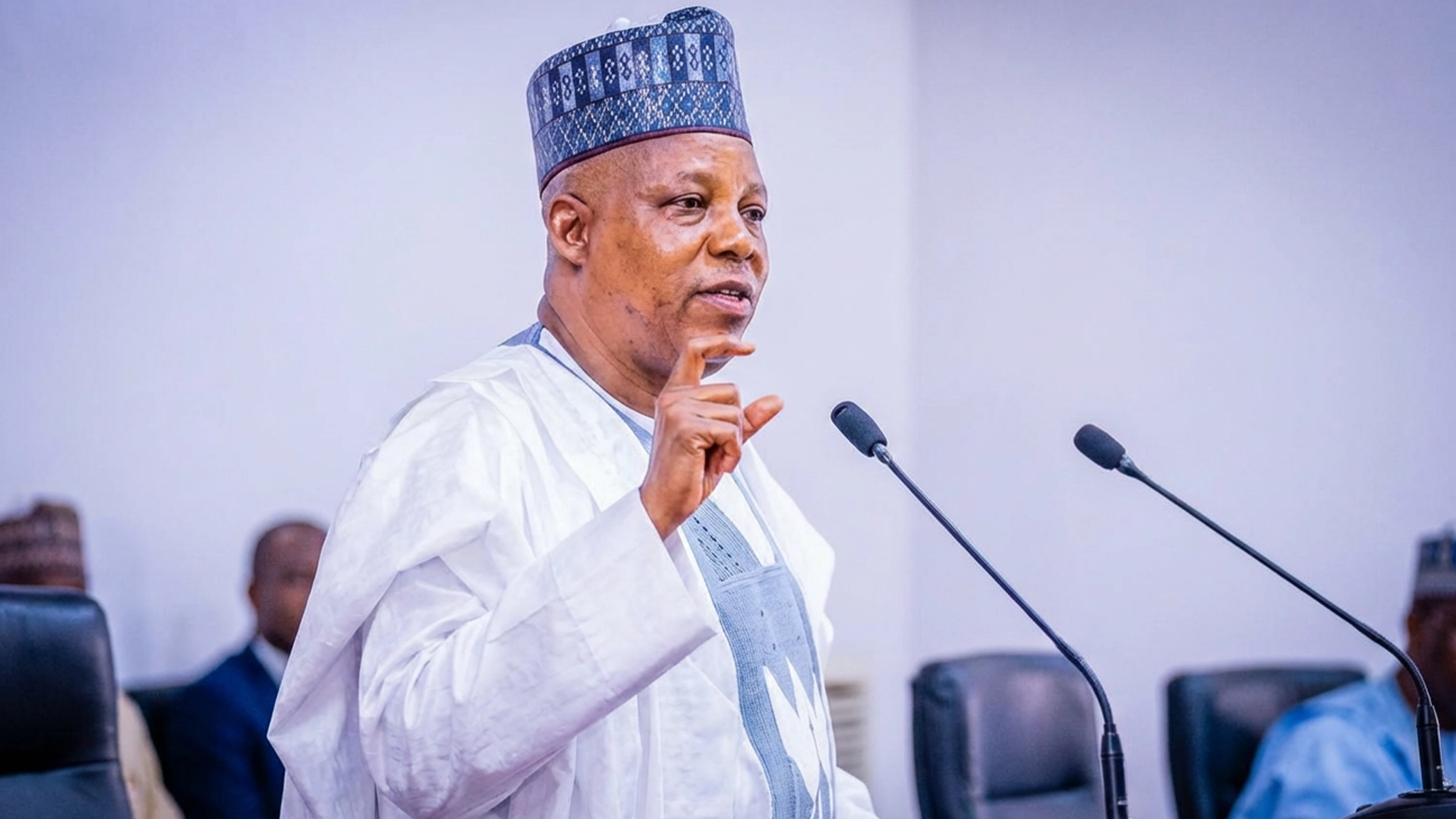
Amid rising temperatures, stakeholders, yesterday, suggested that Nigeria might incur $460 billion loss from climate change impact in the coming years.
While the country currently needs about $100 billion to transit to cleaner energy, stakeholders, who gathered at a policy conversation and report presentation by Agora Policy in Abuja, said sources of livelihood, especially agriculture and fossil fuel that provide over 70 per cent of Nigeria’s foreign exchange earnings are being threatened.
The development, according to the experts, is promoting hunger, poverty, pestilence, migration, conflict and insecurity across the federation.
They acknowledged that global warming was damaging infrastructure, coastlines, fuelling desertification, water scarcity, erosion and revenue loss.
Coming at a time when most multinational oil and gas companies are exiting the country after decades of environmental degradation, the stakeholders worried about the economies of sub-national governments.
Speaking, Prof. Chukwumerije Okereke charged the government on the realities, urging strengthening of national climate frameworks and institutional capacity.
He stressed that just transition remained critical to ensuring adequate climate funding.
Okereke maintained that Nigeria needed to increase its level of awareness, while embracing a collaborative approach and sectoral interventions.
Founder of Agora Policy, Waziri Adio, in his remarks, said while the country is yet to treat the phenomenon as a serious issue, the heatwave, irregular downpours, near perennial flooding, increasing threats of desertification, gully erosion and others were impacting the country negatively.
He noted that food security and inflation, water, health burdens, productivity and other negative indications on energy and infrastructure, as well as prevalent conflicts were already endangering the nation’s wellness.
Adio stated: “Whether we want to accept it or not; whether we think it is other people’s headache or ours, or not, whether we think it is our portion or not—climate change is already exerting a big toll on the things we consider critical and urgent. It is already here and now, not a matter of hereafter.”
Senior Officer at the Natural Resources Governance Institute, Tengi Gorge-Okoli, underscored the need to diversify Nigeria’s economy from oil.
She called on sub-national governments to brace up to the menace.
Gorge-Okoli advised the states to adopt stronger economic measures in the face of declining revenue from fossil fuel sources.






